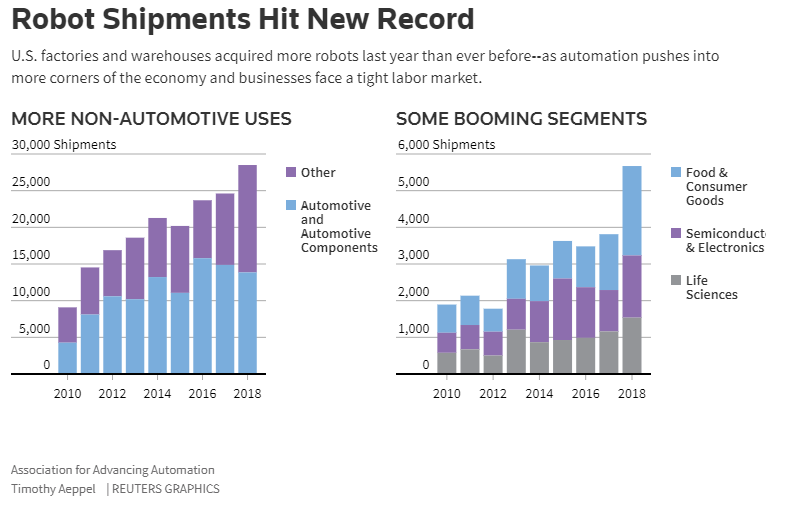Rotella, A., Jung, J., Chinn, C.,
& Barclay, P. (2023, March 28).
PsyArXiv.com
https://doi.org/10.31234/osf.io/tmhe9
Abstract
Moral licensing occurs when someone who initially behaved morally subsequently acts less morally. We apply reputation-based theories to predict when and why moral licensing would occur. Specifically, our pre-registered predictions were that (1) participants observed during the licensing manipulation would have larger licensing effects, and (2) unambiguous dependent variables would have smaller licensing effects. In a pre-registered multi-level meta-analysis of 111 experiments (N = 19,335), we found a larger licensing effect when participants were observed (Hedge’s g = 0.61) compared to unobserved (Hedge’s g = 0.14). Ambiguity did not moderate the effect. The overall moral licensing effect was small (Hedge’s g = 0.18). We replicated these analyses using robust Bayesian meta-analysis and found strong support for the moral licensing effect only when participants are observed. These results suggest that the moral licensing effect is predominantly an interpersonal effect based on reputation, rather than an intrapsychic effect based on self-image.
Statement of Relevance
When and why will people behave morally?Everyday, people make decisions to act in ways that are more or less moral –holding a door open for others, donating to charity, or assistant a colleague. Yet, it is not well understood how people’s prior actions influence their subsequent behaviors. In this study, we investigated how observation influences the moral licensing effect, which is when someone who was initially moral subsequently behaves less morally, as if they had“license” to act badly. In a review of existing literature, we found a larger moral licensing effect when people were seen to act morally compared to when they were unobserved, which suggests that once someone establishes a moral reputation to others, they can behave slightly less moral and maintain a moral reputation. This finding advances our understanding of the moral licensing mechanism and how reputation and observation impact moral actions.




